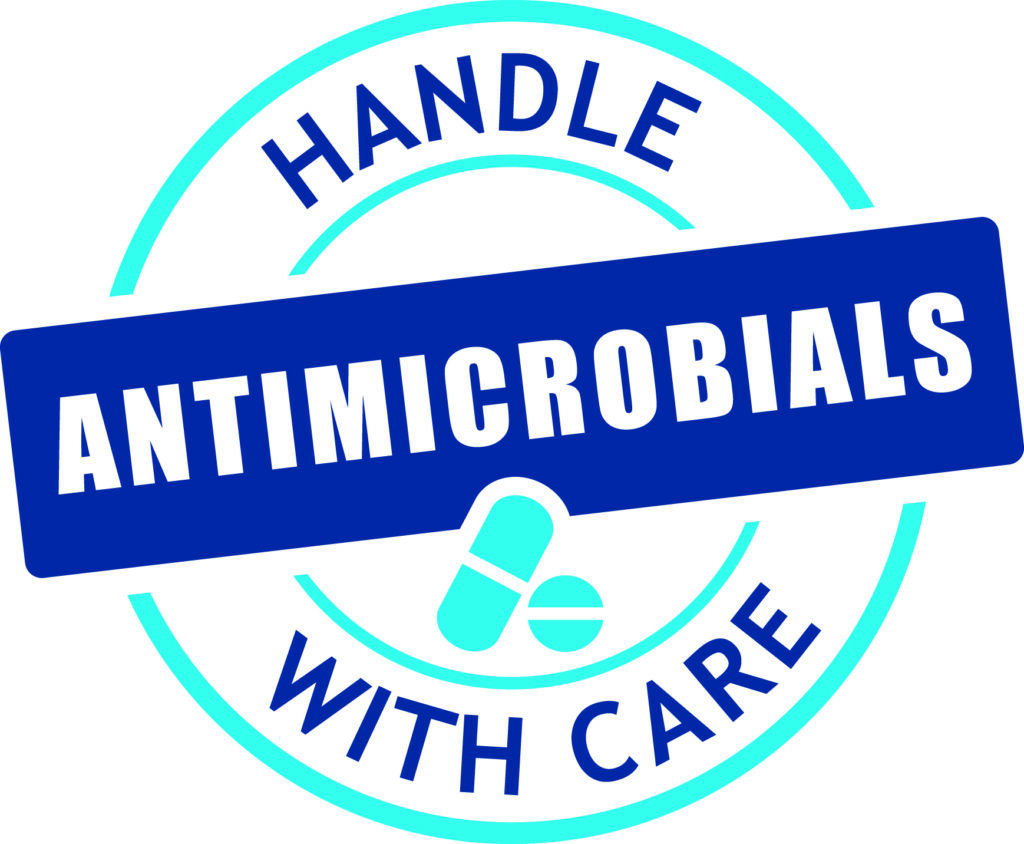24 November 2021
The price of our failure to address the silent pandemic

Image: CDC/Unsplash
Written by John Billington & Rachel Cooper, Health Security Policy, GSK
Last month, the Global Preparedness Monitoring Board – which tracks countries’ preparations for pandemic threats – issued a stark warning: “The window of opportunity for ending this pandemic and preventing the next is closing rapidly.”[i]
Their report focused on recovery from COVID-19, but those words could just as easily have been written about another looming pandemic: antimicrobial resistance, or “AMR”.
Left unchecked, AMR could upend modern healthcare as we know it, threatening cancer treatment and adding serious risks to routine surgery. Even before COVID-19 hit, failing to tackle AMR was projected to result in 10 million extra deaths a year globally by 2050 and lost global economic output of $100 trillion.[ii]
The WHO’s World Antimicrobial Awareness Week offers a chance to reflect on how the global community can help prevent this.
There are three critical lessons that governments, innovators, and policymakers can take from the COVID-19 pandemic and apply to combatting the rise of AMR:
1.Widespread infectious disease outbreaks severely disrupt health systems and access.
The COVID-19 pandemic has resulted in people missing out on essential health services in 90% of countries,[iii] with governments and healthcare providers having to take difficult decisions over prioritisation of care. Delays in diagnosis could lead to 3,500 avoidable cancer deaths in the UK alone.[iv] As AMR places increasing pressure on health systems, similar dilemmas could arise.
Now more than ever, we need to build health systems’ resilience to infectious disease threats. Today, on average, only 2.7% of health spending in OECD countries goes towards prevention.[v] This is a false economy. Investing in health infrastructure – for example, routine lifecourse immunisation – and addressing factors that lead to poor health should enable communities to better pre-empt and withstand future pandemics and other health shocks; and improve health and economic outcomes more broadly.
2.Proactive public investment in R&D will enable a faster response when the next infectious disease emergency strikes.
Research into new antibiotics has been stymied by uniquely challenging science; and the conundrum of investing in developing a new antibiotic that will be kept as a last line of defence, limiting returns for innovative pharmaceutical companies. Industry has taken steps to stimulate research through initiatives such as the AMR Action Fund; and some governments – including the UK – are piloting or proposing creative solutions such as subscription, or “Netflix”, models.[vi] In the US – if Congress approves – the PASTEUR Act would create a sustainable financial incentive for novel antimicrobials while also promoting appropriate use of antimicrobials in the US healthcare system.
But progress has been patchy and governments cannot afford to wait. The earliest COVID-19 vaccines and therapeutics available were based on advanced, proactive research into coronaviruses. Similar proactive funding for antibiotics, vaccines, and alternatives is critical to stay ahead of the urgent threat of AMR, as part of a suite of market-based solutions to incentivise and reward AMR innovation.
These solutions should focus on a full spectrum of potential interventions, from antibiotics through to vaccines. Right now, governments, R&D funders and other stakeholders undervalue the role of vaccines in combatting AMR. Yet they are an important tool – as they help prevent infections occurring in the first place. At GSK, we are recognised as having the largest and most diverse AMR R&D pipeline in our industry, which includes vaccine projects.
3.Vigilant surveillance and data sharing are essential to get ahead of outbreaks.
COVID-19 reinforced the need for transparent and coherent frameworks for collecting, using and sharing data. In particular, robust early warning systems, including genomic surveillance capabilities, have been important to monitor coronavirus variants and enable early R&D to understand the impact of variants on vaccine and therapeutic effectiveness. Likewise, we need rigorous surveillance systems to stay ahead of resistant bacteria and enable early R&D for AMR pathogens.
Applying these learnings to AMR will take bold, sustained investment and collaboration within and across sectors. But if taken to heart by government, industry, funders and other stakeholders, these three lessons could help us get ahead of AMR – before the window of opportunity closes.
[i] Global Preparedness and Monitoring Board. News release. 2021. Available from: The window of opportunity for ending this pandemic and preventing the next is closing rapidly (gpmb.org) [Accessed 15 November 2021]
[ii] The Review on Antimicrobial Resistance. Tackling Drug-Resistant Infections Globally: Final Report And Recommendations. 2016. Available from: 160525_Final paper_with cover.pdf (amr-review.org) [Accessed 15 November 2021]
[iii] WHO. News release. 2021. Available from: COVID-19 continues to disrupt essential health services in 90% of countries (who.int) [Accessed 15 November 2021]
[iv] Maringe C, Spicer J, Morris M, Purushotham A, Nolte E, Sullivan R, et al. The impact of the COVID-19 pandemic on cancer deaths due to delays in diagnosis in England, UK: a national, population-based, modelling study. The Lancet Oncology. 2020;21(8):1023-34 [Accessed 19 May 2021]
[v] OECD. News release. 2021. Available from: COVID-19 pandemic underlines need to strengthen resilience of health systems, says OECD [Accessed 15 November 2021]
[vi] British Medical Journal. UK launches subscription style model for antibiotics to encourage new development | The BMJ. 2020. [Accessed 15 November 2021]

